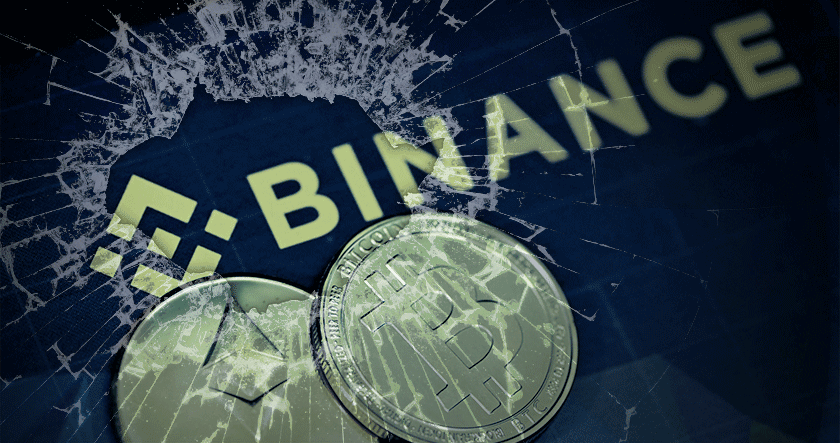It’s been a week and a half since the U.S. Securities and Exchange Commission (SEC) filed a lawsuit against Binance followed by a second suit against Coinbase a day later, and the cryptocurrency world is very much abuzz. While the two lawsuits came close together, the charges, and the operations of the companies, are very different – highlighting the unnecessarily damaging actions of the SEC to the crypto market.
For starters, Coinbase has been more than diligent in its efforts to be considered legitimate by the various potential ruling bodies involved in the United States. In 2021, the SEC gave them the stamp of approval to operate as a cryptocurrency broker. Recognizing that it did not have permission to trade securities (due to there not being a path to do so, according to Coinbase CEO Brian Armstrong), Coinbase has been careful to not trade any assets that could be considered securities using the Howey Test. Since 2021, however, the SEC has repeatedly flagged potential securities on offer at Coinbase. When Coinbase requested more information, its response was the lawsuit mentioned previously.
Former CFTC trial attorney Braden Perry explains that Coinbase is being charged for merging “three functions that are typically separated in traditional securities markets—those of brokers, exchanges, and clearing agencies—but has never registered as any of these things, violating securities law.”
By sharp contrast, Binance has been operating as an unregistered broker of securities since 2017, according to the SEC’s lawsuit. By not registering as a clearing agency, broker-dealer, and exchange, Binance has been operating illegally in the United States. The SEC even tweeted out a pretty damning quote from the Binance chief compliance officer. “We are operating as an fking unlicensed securities exchange in the USA bro.”
On top of that, the SEC is alleging charges of fraud, with “billions of U.S. dollars of customer funds” being moved to an account commingled with a “Zhao-controlled entity”, said Perry, referring to Binance CEO Changpeng Zhao.
Clearly, Coinbase has been operating from the start with the intention of legitimizing the cryptocurrency market, while Binance is giving the overall cryptocurrency industry a bad reputation by not even making an attempt to play by some semblance of rules, even if those roles aren’t exactly defined. Points to Coinbase for trying, but a big thumbs down to Binance’s recklessness.
All exchanges, Binance included, should be endeavoring to take steps to register themselves, even when those steps are unclear as Coinbase alleges. By providing a vigorous record of efforts to operate in full compliance with the law and the (albeit muddled) regulations that exist, Coinbase is acting in an exemplary way. Trust, after all, is extremely important for an exchange. Anyone handing over their funds, USD or crypto, to a company wants to have some assurance that the company is legit and taking its responsibilities seriously. That’s the feeling Coinbase has given with its behavior, trying honestly to work within the framework of the law. It’s also important to us here at BitIRA, so we take compliance very seriously. Our customers’ retirement investments are secure with us.
Despite the major differences between Coinbase and Binance, the effect of the SEC coordinating the lawsuits back to back has artificially damaged the cryptocurrency market in a move that sours the public’s overall taste for crypto – effectively undermining the young industry.
For the agency to act in such a way when many are questioning if the SEC should be the regulating body of the cryptocurrency market is even more disturbing still. Some of the questioning comes from within the SEC itself. Former SEC Director Bill Hinman said in 2018 that cryptocurrencies such as Bitcoin and Ethereum may start off as securities, but they become more like commodities once they are decentralized enough. Again in 2018, then-SEC Chair Jay Clayton said that “true cryptocurrencies are commodities rather than securities.”
If cryptocurrencies are commodities, then it means they fall under the Commodity Futures Trading Commission’s (CFTC) regulative authority. Some think that a combination is necessary, with Gary DeWaal of Katten suggesting that both the SEC and CFTC have regulative powers but the CFTC in charge of regulating spot market assets.
Clearly the newer leadership of the SEC feels strongly about its regulative authority over cryptocurrencies, but until a black and white answer is given, the ambiguity of the situation paired with the SEC’s gung ho approach to enforcement are serving to strangle the US crypto market.







